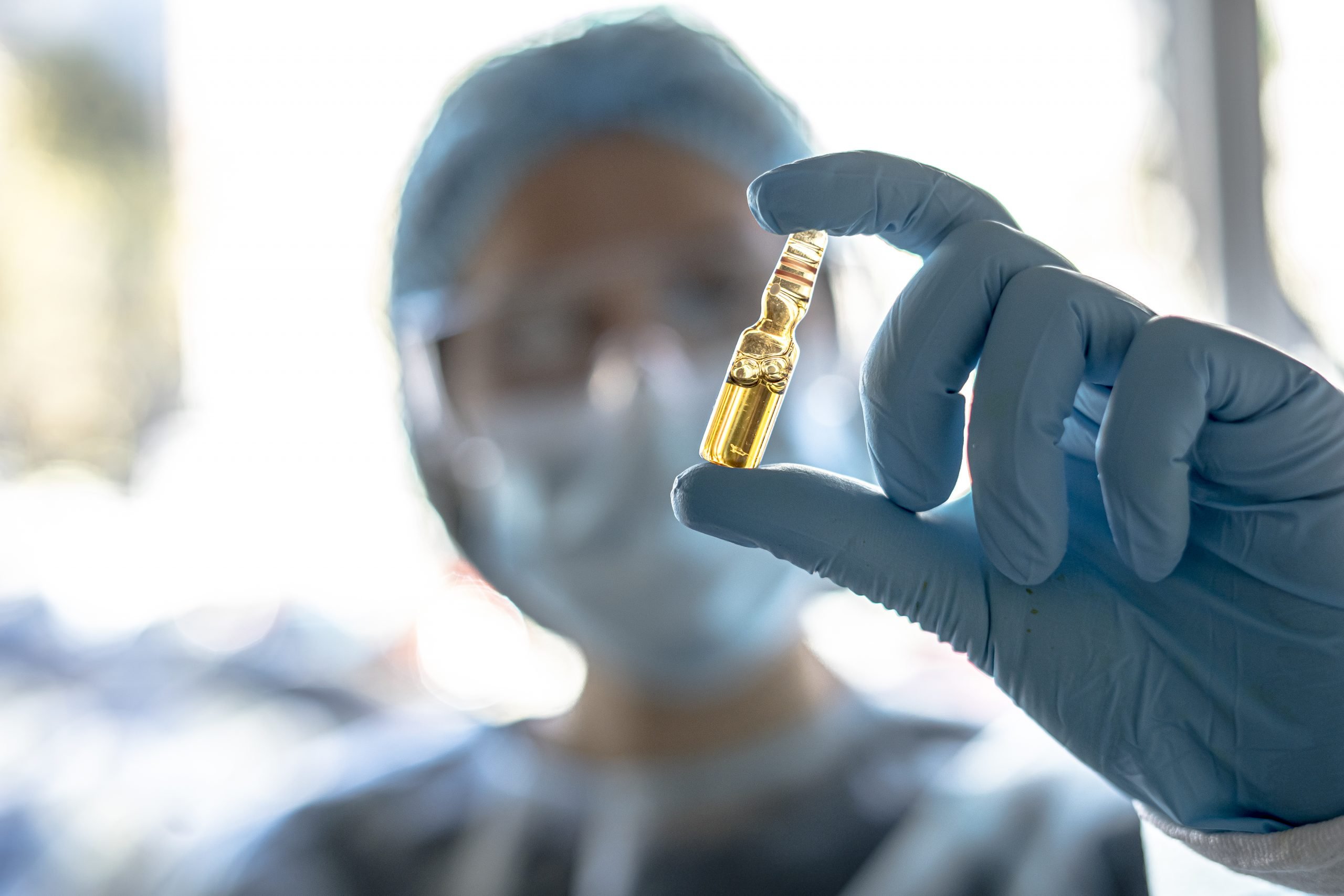Have you tried at least two depression treatments without success? Your doctor may suggest ECT. However, after researching it, you may have concerns about the safety of the procedure and the side effects that may be long-lasting. Treatment-resistant depression can be very frustrating, but there is another treatment out there that may be the solution to your situation: ketamine infusions. We’re going to talk about what ECT is and the differences between this invasive treatment and ketamine infusions, that, administered under medical supervision, has had remarkable success offering fast relief for depression.
What is Electroconvulsive Therapy?
Those who are experiencing symptoms of major depression might be recommended or stumble upon ECT (Electroconvulsive therapy) as a treatment. These patients include those who have treatment-resistant depression. ECT is a medical procedure that involves electrical stimulation of a patient’s brain while they’re under anesthesia. A team of trained medical professionals, including an anesthesiologist, nurse, physician’s assistant, and psychiatrist adminster the treatment.
Once the patient is under, the procedure intentionally causes a brief, controlled seizure. Medical professionals believe that, once the seizure occurs, the brain’s chemistry changes. It’s these chemical changes that are believed to help patients experience relief from their depression.
Potential Side Effects of ECT
Even though ECT is a recommended treatment for some individuals in extreme cases, that doesn’t mean there aren’t risks or side effects. While medical professionals believe ECT is safe, there’s the potential for side effects. They include:
- Confusion: Often, patients experience feelings of confusion immediately following treatments. They describe not knowing their location or why they’re there. These symptoms are common in older adults and rarely last long.
- Medical complications: Because this procedure involves anesthesia, there are risks for medical complications. They include an increase in blood pressure and heart rate. Serious heart problems may also occur, but it’s rare.
- Memory loss: Sometimes, patients have difficulty recalling events occurring on the day of the treatment. Memory loss also includes having trouble remembering events from weeks or months before the procedure.
- Physical issues: Patients may experience physical side effects on the day of the ECT treatment. These symptoms include headache, jaw pain, muscle ache, or nausea.
Many patients find these side effects troubling, in part because they don’t know how long they’ll last. They also may have valid concerns regarding their long-term impact.
How Do Ketamine Treatments Differ from ECT?
During ECT treatments, patients become unconscious using anesthesia, and there are side effects that some patients don’t like experiencing. A seizure occurs once a small electrical current passes through their brain and this may lead to memory loss.
By contrast, ketamine treatments are administered by medical professionals, giving the medication in small doses intravenously. Patients stay awake the entire time that they’re receiving treatment and there are no effects on the patient’s memory. If they experience any side effects at all, they’re very rarely substantial. Even though ketamine has often been used in the past for treating pain, clinics are using it more and more for relieving depression symptoms. In addition to ketamine intravenous treatments, another type of ketamine might also be administered: Spravato, the recently FDA approved nasal spray (esketamine is a form of ketamine).
Research Regarding ECT vs. Ketamine
In an open-label trial study conducted at the University of Los Angeles, suicidal ideation probability dropped in twenty-six adults from 75% to 37% following a single ketamine infusion. This statistic is compared to the ECT group dropping from 86% to 51%. The study further indicated that “Improvements in overall HDRS scores were also greater after both single and serial ketamine (P less than .001).”
According to a study published by Advanced Biomedical Research, even though the results show that ECT and ketamine have similar statistical effects on depression, ketamine doesn’t cause memory deficiency. Thirty-two patients participated in this study, and they were allocated into two groups. Sixteen patients received ketamine infusion therapy, and sixteen patients underwent ECT treatments.
In a small study conducted by the Emory University School of Medicine involving 18 patients with treatment-resistant depression and failure to respond to ECT, the results proved positive. They received six infusions, and 16 patients received maintenance. All patients reported tolerating the infusions well.
In a randomized study published by the Indian Journal of Psychiatry, sixty hospitalized patients with major depressive disorder were separated into two groups of thirty each. They either received ketamine infusions or modified ECT treatments. The study concludes that “The use of ketamine for anesthesia led to rapid recovery from depressive symptoms and seems to be a better option for depressed patients, especially when a rapid response is desired.”
Steps for Finding Relief Using Ketamine
James Gallagher in a story for BBC News reports that within hours of using ketamine, some patients who have experienced depression symptoms for decades find that their symptoms disappear. Research shows that ketamine can work to reduce depression symptoms in as little as 40 minutes. So, it’s natural for patients to want to take steps to find relief using ketamine.
If you’re experiencing depression and have exhausted all your other options, speak to your doctor about using ketamine infusion therapy. Treatment-resistant depression occurs when patients have tried at least two different treatments, and their depression doesn’t get better.
Wrapping Up
It’s frustrating experiencing ongoing symptoms without finding a treatment that offers you relief. You have options, though, an If you have concerns regarding ECT treatments, ketamine infusion therapy is a fast-acting and safe alternative. Ketamine treatments have minimal side effects compared to those that patients experience from ECT.
Contact the Bespoke Treatment today to see if you are nearby our Los Angeles clinic or Santa Monica facility and request an appointment.


























